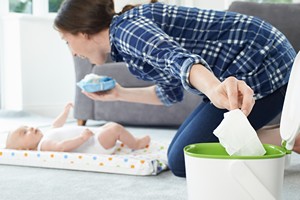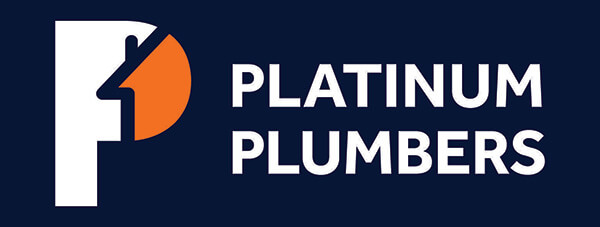
The fatbergs have struck again! The latest one was found at the beginning of the year in Devon, measuring over 60m and blocking the sewer mouth close to the sea. According to South West Water, it would take around eight weeks to remove and was primarily made up of fat, grease, and wet wipes.
It’s a topic we have covered before and will continue to talk about until everyone is aware of what can and cannot be flushed down the toilet. While it should be obvious what items should not be flushed away, others are labelled as safe to dispose of down the drain by manufacturers when, in reality, it is far from safe to do so.
How can we tackle this problem? We can start by knowing what is safe and what isn’t to go down the drain. We can also use our buying power to help change what is on the market, so that if mistakes do happen they will not have such a drastic impact on our sewers and environment.
What does ‘flushable’ mean?
Technically, it means that it can be put down the toilet and will disappear when you flush it. However, unlike toilet paper which is designed to disintegrate and break down on contact with water, most wet wipes do not. To help tackle this problem the government is looking to bring in a new standard to help consumers better understand which products are safe to be flushed. At the time of writing, only one product met the requirements of the new standard and once its packaging has been updated it can begin to use the new Fine to Flush logo.
What shouldn’t be flushed?
Until then, we recommend avoiding flushing any of the following down the toilet, regardless of what the label may say:
- Baby wipes, wet wipes, or make-up removal wipes
- Nappies
- Cotton wool or cotton buds
- Medicines (as they can leave chemical residues in water)
You should also avoid putting any fat, oil, or grease down the kitchen drain. Although liquid while warm, it will congeal and turn more viscous or even solid once it is cooler sticking to pipes and building up until they are well and truly blocked.
How to protect your drains
Our top tips for protecting your drains, and sewers from fatbergs, include:
- Only flushing toilet paper down the toilet and nothing else.
- Pouring fat, oil, and grease into an old container or jar once cool, secure with a lid, and disposing of in your bin. Some councils may collect them or provide collection points, so do check before throwing away.
- Scraping off all food remnants before washing or rinsing dishes.
- Using a plug protector to stop any bits of food, debris, or hair from going down the drain.
For advice on how to keep your drains clear and healthy, or for help unplugging clogged toilets or drains, get in touch with our experienced team at Platinum Plumbers. Call or email us on 020 8855 0361 or at and we can help keep your drains running freely.

